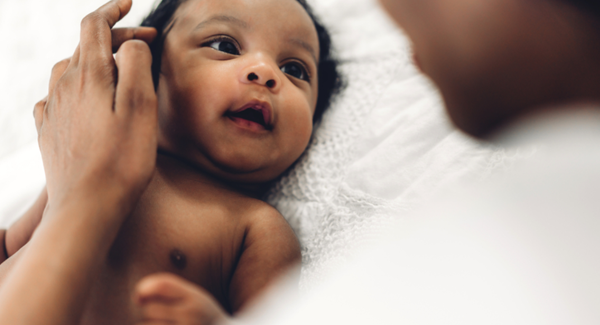
When you are pregnant, every infection around suddenly becomes ten times more dangerous. This is because you are more vulnerable due to a baby growing within you. To protect you and your child, here are six dangerous pregnancy infections you should pay special attention to. We have also included advice on what you can do, should you ever have to deal with them.
1. Chickenpox
During pregnancy, this can be dangerous for both mother and baby, so it’s important to seek advice early. Around 95% of women are immune to chickenpox infection. Still, if you’ve never had chickenpox (or you’re unsure if you’ve had it) and you come into contact with anyone who does, speak to your GP, obstetrician or midwife immediately.
2. CMV (cytomegalovirus)
This is a common virus that is part of the herpes group, which can also cause cold sores and chickenpox. CMV infections are common in young children. Infection can be dangerous during pregnancy as it can cause problems for unborn babies, such as hearing loss, visual impairment or blindness, learning difficulties and epilepsy.
3. Group B streptococcus
This is carried by up to 30% of people and causes no problem in most pregnancies but, in a small number, it can infect the baby, usually just before or during labour, leading to serious illness.
If you’ve already had a baby who had a GBS infection, you should be offered antibiotics during labour to reduce the chances of your new baby getting the infection. GBS infection of the baby is more likely if:
- You go into premature labour
- Your water breaks early
- You have a fever during labour
- You currently carry GBS
4. Hepatitis B
Hepatitis B is a virus that infects the liver. Many people with hepatitis B will show no sign of illness, but they can be carriers and may infect others and this includes babies during pregnancy or at birth. All pregnant women are offered a blood test for hepatitis B as part of their antenatal care. Babies who are at risk should be given the hepatitis B vaccine at birth to prevent infection and serious liver disease later on in life. Immunisation from birth is 90 to 95% effective in preventing babies from developing long-term hepatitis B infections. Further doses are given at 4, 8, 12 and 16 weeks and a final dose at 12 months.
5. Herpes
Genital herpes infection can be dangerous for a newborn baby. You can get herpes through genital contact with an infected person or from oral sex with someone who has cold sores (oral herpes). Treatment is available if your first infection occurs during pregnancy. If your first infection occurs near the end of pregnancy or during labour, a caesarean section may be recommended to reduce the risk of passing herpes on to your baby.
6. HIV
HIV can be passed from a pregnant woman to her baby during pregnancy, birth or breastfeeding. If you’re diagnosed with HIV, you and your doctor will need to discuss the management of your pregnancy & birth to reduce the risk of infection for your baby. Treatment in pregnancy greatly reduces the risk of passing on HIV to the baby – from 1 in 4 to fewer than 1 in 100. Your baby will be tested for HIV at birth and at regular intervals for up to 2 years.
To prevent infections during pregnancy and protect your baby, ensure you communicate frequently with your doctor and keep to your antenatal schedule. Also, remember that having a health plan makes life easier for you and your baby. At Avon HMO, we have a range of plans which cover antenatal and delivery services. Simply check out the plans on this website to get started.
Also read: Preventing Pregnancy Infections: 7 Things You Need To Do…
References
Madison Women’s Health: https://madisonwomenshealth.com/blog/infections-during-pregnancy/
NHS UK: https://www.nhs.uk/pregnancy/keeping-well/infections-that-may-affect-your-baby/



